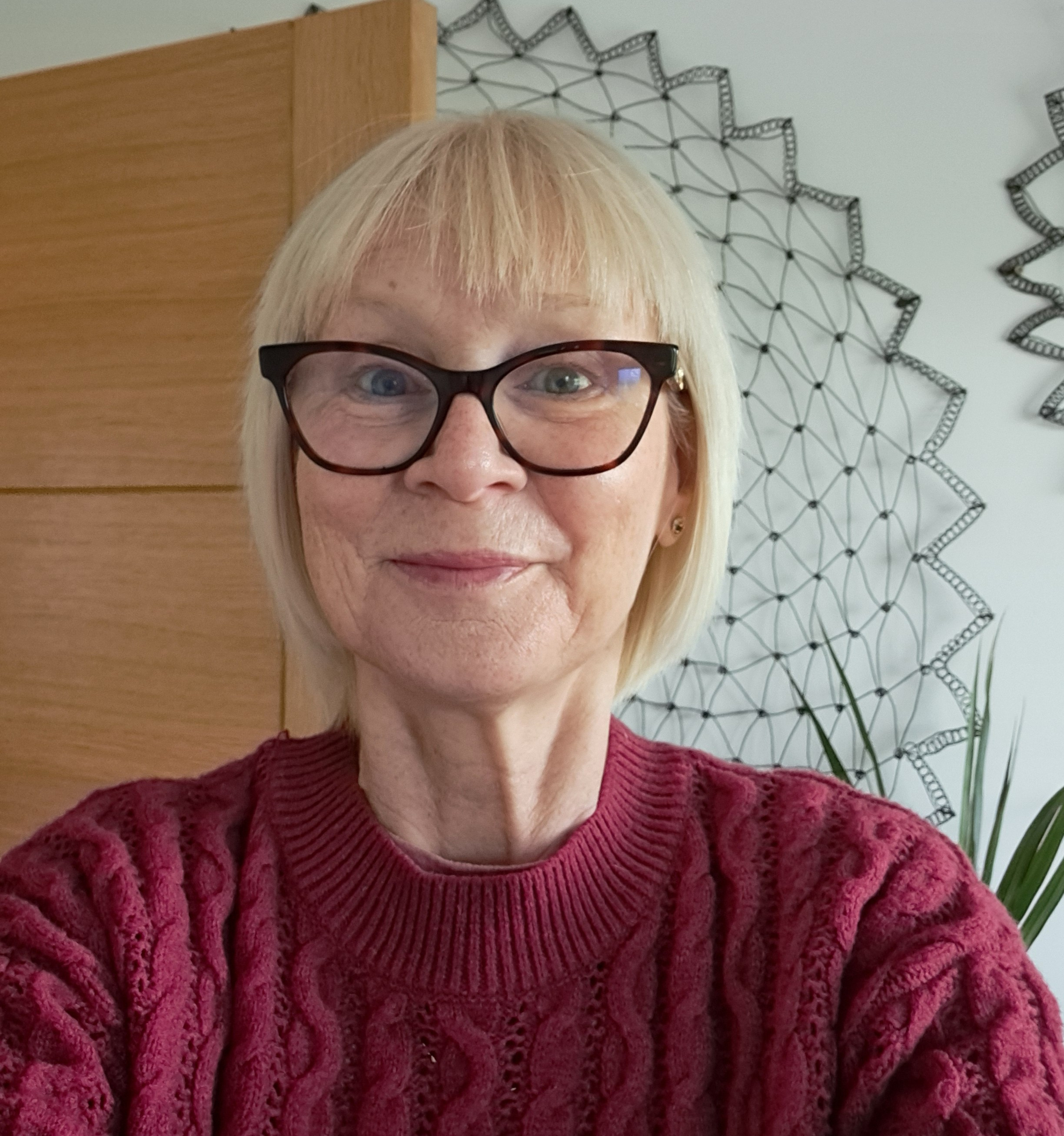Package summary
Start Date
End Date
Courses
- Autism, Learning Styles, and Visual Teaching Methods - This course is already full. You will be added to the waiting list.
- Autism and Communication - This course is already full. You will be added to the waiting list.
- Autism and Reframing Behaviour
- Autism and Understanding Anxiety for those with additional learning difficulties
- Autism and Sensory Processing
Notes
Courses in package
Autism, Learning Styles, and Visual Teaching Methods
Event summary
Date
Start Time
End Time
St. Laserian's Special School, Strawhall, Carlow
Booking closes
Autism, Learning Styles, and Visual Teaching Methods
This training session will provide information on supportive practices in the functional use of visual supports.
The focus of this course is in understanding the learning style, strengths, interests and needs of the autistic student and how these can be facilitated using visuals. This will assist those who support the student in the teaching of life skills, emotional regulation, and daily planning, creating opportunities for communication and independence.
Expected Outcomes
Understand how the use of visuals can support the thinking and learning style of autistic student.
Understand how the use of visuals can be generalised across all environments and can build on the learning experience in school, home, and the wider community.
Learn how to develop visual supports in a practical manner to maximise the young person's strengths and provide support if necessary.
How to develop visuals and implement visual supportive approaches
Notes
Location
St. Laserian's Special School
Get Directions
Dee Hogan
Autism and Communication
Event summary
Date
Start Time
End Time
St. Laserian's Special School, Strawhall, Carlow
Booking closes
Autism and Communication.
This session explores the differences in neurotypical vs autistic communication styles. It provides delegates with an understanding of how to appreciate communication differences and adapt their communication style to better support autistic children and young people at home and school.
Delegates will:
· Explore current relevant theories related to communication differences
· Develop an understanding of their own communication preferences and how these might hinder or support the autistic communicator
· Explore a range of supportive practices in receptive (understanding) and expressive communication
Notes
Location
St. Laserian's Special School
Get DirectionsAutism and Reframing Behaviour
Event summary
Date
Start Time
End Time
St. Laserian's Special School, Strawhall, Carlow
Booking closes
Autism and Reframing Behaviour
This training will introduce participants to the ongoing paradigm shift in understanding behaviour from a physiological perspective, drawing on research from neuroscience, psychology, and interpersonal neurobiology.
It will encourage participants to pause and reflect on their current beliefs and reactions to the behavioural differences presenting within their autistic students. Participants will be supported to consider behavioural differences that are authentic to the autistic child and their invaluable role in maintaining joy in their lives. Furthermore, participants will be supported to understand the underlying factors contributing to distressed behaviours, and how supporting professionals can help.
Specific topics will include:
Understanding the ongoing paradigm shift in how we think about behaviour.
Factors that contribute to distressed behaviour for an autistic child.
The important role of neuroception and sense of ‘felt safety’ in promoting a balanced regulatory state.
The importance of professional self-care in the context of supporting an autistic child in distress.
Participants will:
Gain an understanding of the ongoing paradigm shift in how we think about ‘behaviour’ presenting in our autistic children and young people.
To support participants to recognise their inner biases, judgements and beliefs that may be impacting upon how they support an autistic child in distress.
To understand the underlying and environmental factors contributing to distress and overwhelm within the autistic child.
Understand their role in managing their own regulation as an essential process to the co-regulatory support they provide their autistic students.
Course Overview
Paradigm shift and reframing our perception of behaviour.
Underlying and environmental factors contributing to distressed behaviour.
Proactive and reactive supports when working with distressed behaviour.
Notes
Location
St. Laserian's Special School
Get Directions
Dee Hogan
Autism and Understanding Anxiety for those with additional learning difficulties
Event summary
Date
Start Time
End Time
St. Laserian's Special School, Strawhall, Carlow
Booking closes
Autism and Understanding Anxiety for those with additional learning difficulties
For many autistic students, school can be a major source of stress. Everyone shows their anxiety in individual ways, so the most reliable observations that a student is anxious are going to be made by the people who know the student best. This shows the importance of working closely not only within the family structure, but also with the school staff.
This session is an introduction to strategies that can be used to alleviate the experience of anxiety in autistic students. This will include an introduction to cognitively based strategies and how to develop student centred strategies to deal with anxiety.
Participants will:
• Appreciate how anxiety can escalate and may result in an emotional response
• Develop some simple supportive approaches to prevent the escalation of anxiety.
• Understand the basics of cognitively based management approaches.
Notes
Location
St. Laserian's Special School
Get Directions
Frances O'Neill
Autism and Sensory Processing
Event summary
Date
Start Time
End Time
St. Laserian's Special School, Strawhall, Carlow
Booking closes
Autism and Sensory Processing
Sensory processing refers to the ability of a child to register, interpret and respond to sensory information. This is a complex process involving all the sensory systems, auditory, gustatory, visual, olfactory, tactile, proprioceptive, vestibular, and interoception. When sensory processing is working well, a child can engage in daily functional activities and social interaction. Sensory processing differences are prevalent in autistic children and can affect every aspect of life and development.
This session examines the sensory processing differences experienced by many autistic children and will demonstrate how such differences impact on learning, play, social interactions, and behaviour for the primary school aged child.
Participants will:
• Develop an understanding of the sensory processing differences.
• Appreciate how sensory processing differences can affect the child’s experience at school.
• Understand how sensory processing differences can influence the child’s participation in daily activities.
• Develop an understanding of general intervention supports to accommodate sensory processing differences in daily activities at school and beyond.
• How sensory processing differences can present in an autistic child.
• Supportive approaches to address sensory processing differences in school or the family home.
Notes
Location
St. Laserian's Special School
Get Directions
